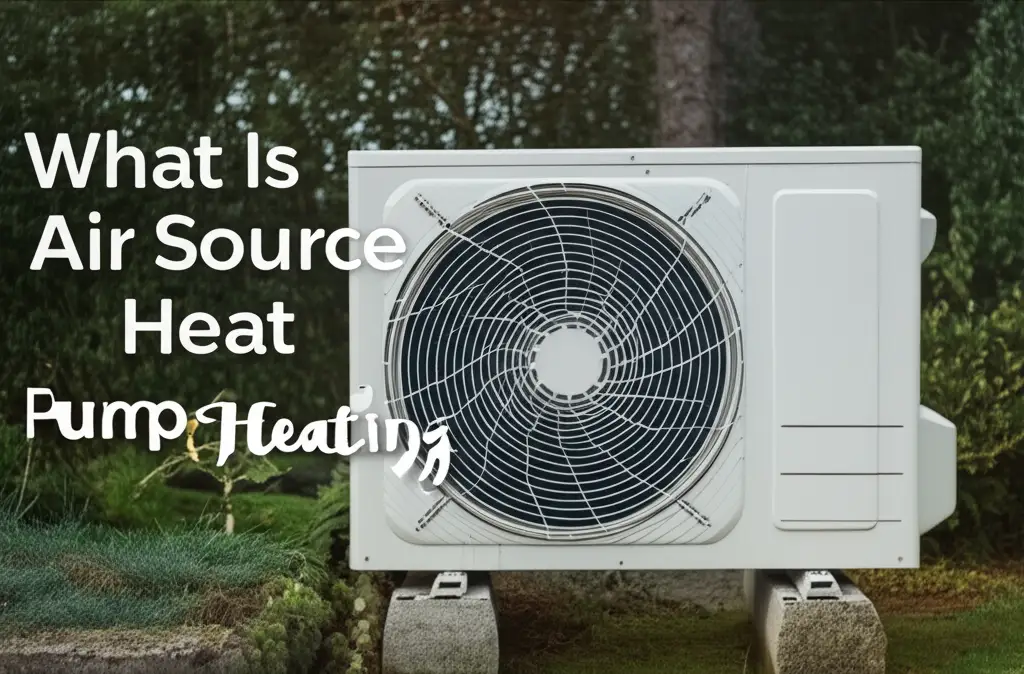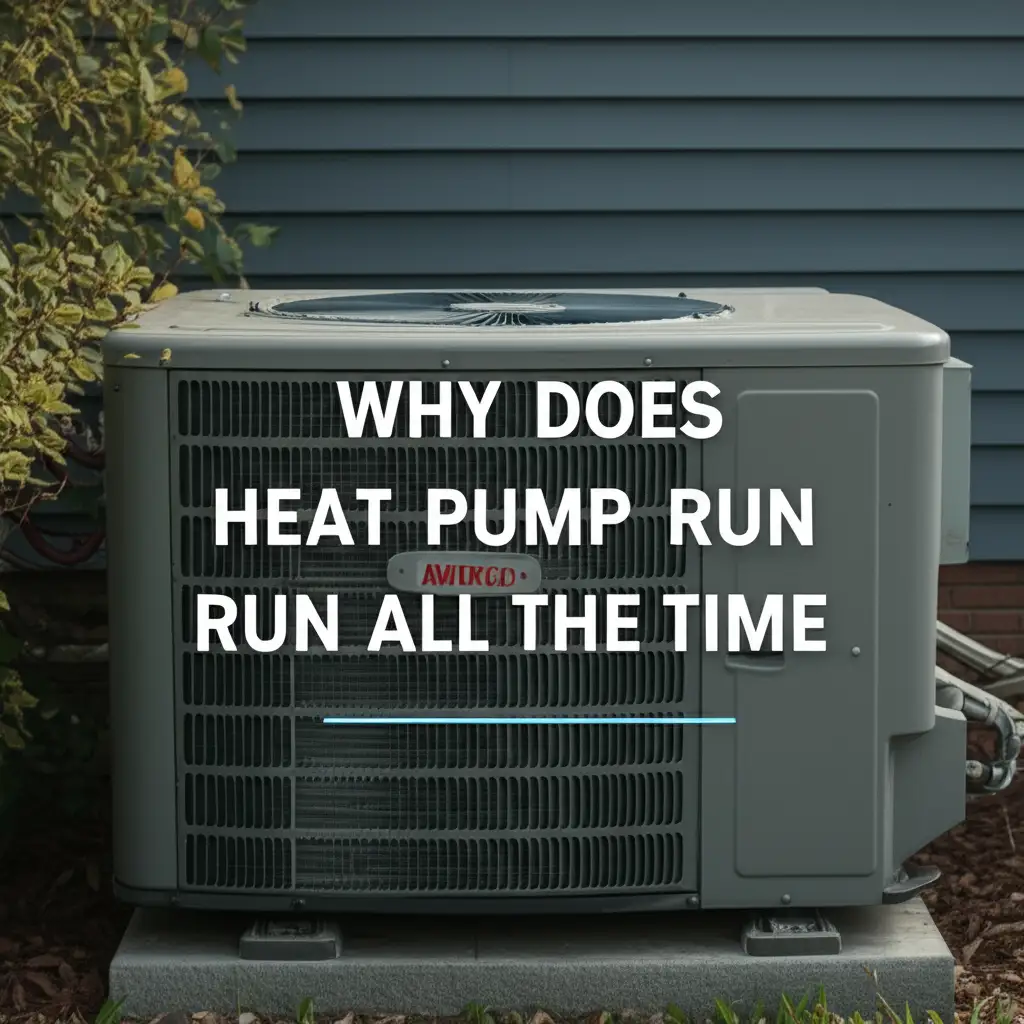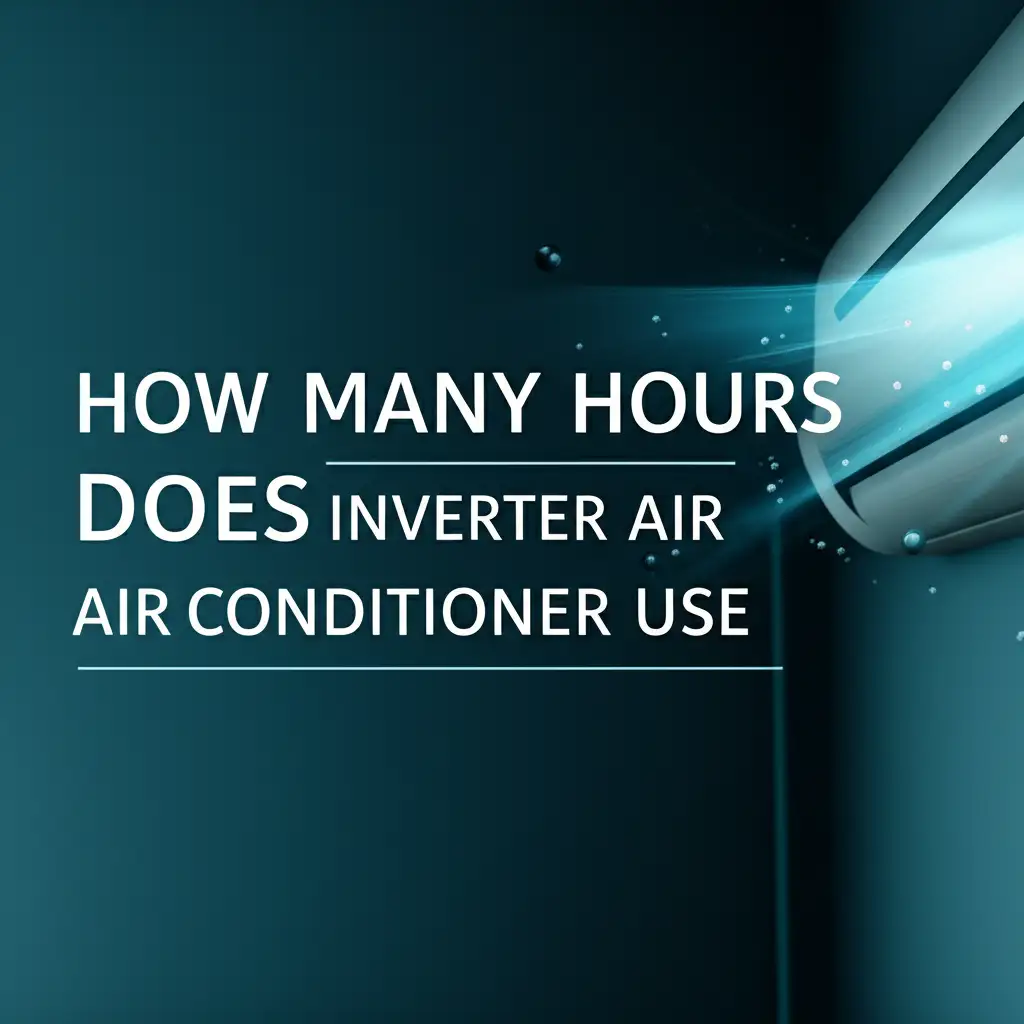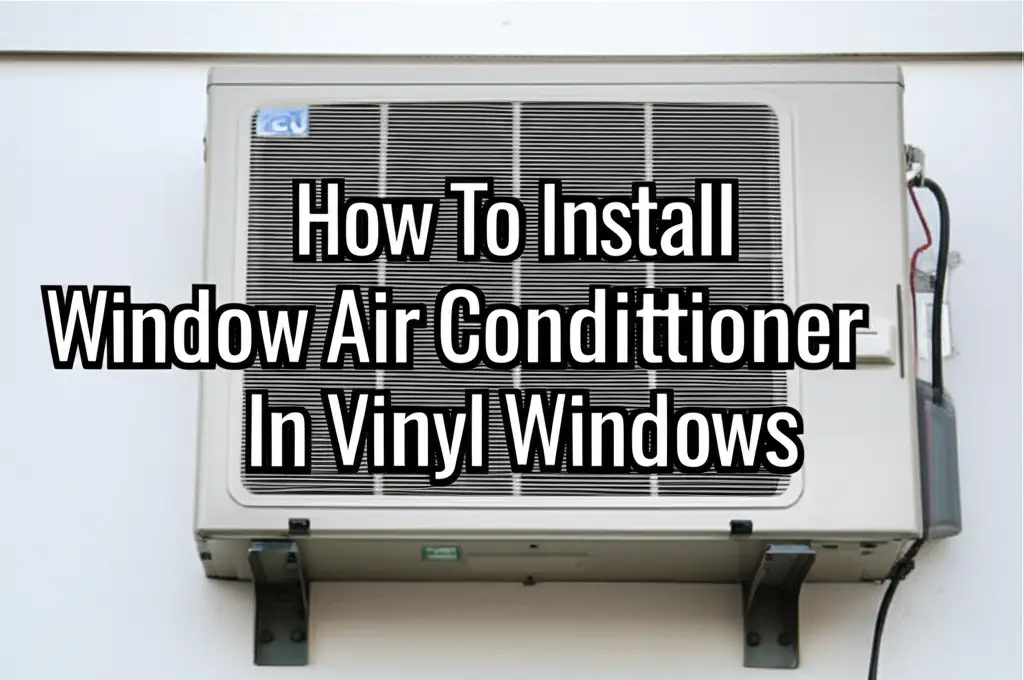· Todd Martin · Home Improvement · 14 min read
Does Air Source Heat Pump Add Value To Your House
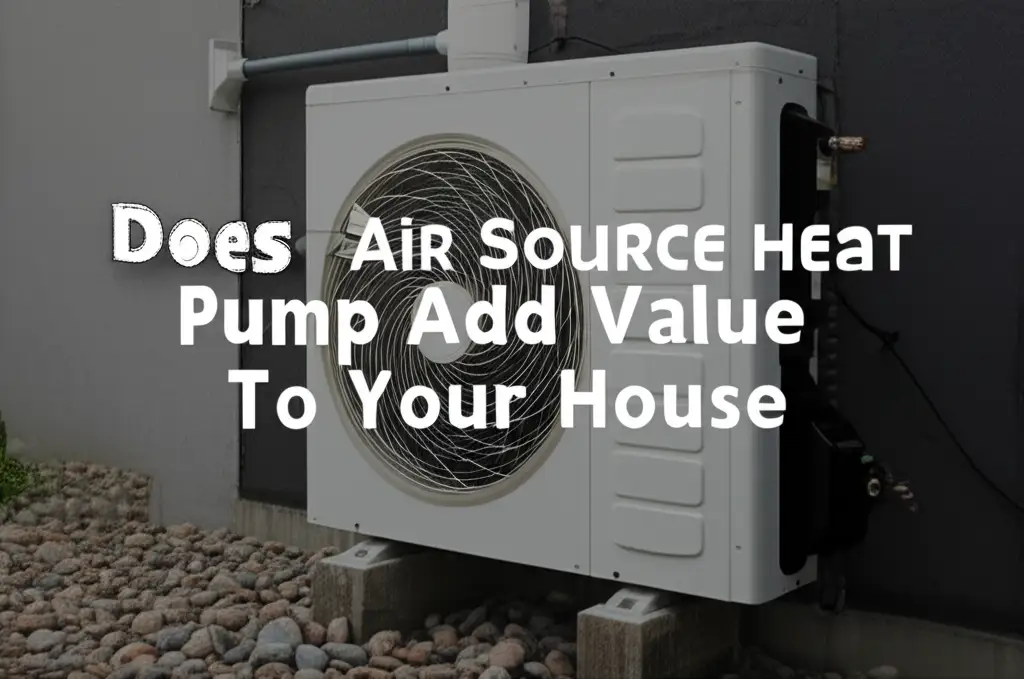
Air Source Heat Pumps: Boosting Your Home’s Value?
Thinking about upgrading your home’s heating system? You might consider an air source heat pump. Many homeowners ask: “Does an air source heat pump add value to your house?” This is a key question. Investing in a new heating system is a big decision. It involves significant costs and long-term planning. I want my home to be comfortable. I also want it to be a smart investment.
This article explores how an air source heat pump can influence your home’s worth. We will look at energy savings and environmental benefits. We will also examine installation costs and market demand. By the end, you will understand the potential financial and practical benefits. This information helps you make an informed choice for your property.
Takeaway:
- Air source heat pumps can increase home value through energy savings and lower bills.
- They appeal to modern buyers seeking eco-friendly and sustainable homes.
- The initial investment often brings a good return over time.
- Heat pumps improve a property’s Energy Performance Certificate (EPC) rating.
- They reduce a home’s carbon footprint, a growing priority for many.
An air source heat pump can indeed add value to your house. It improves energy efficiency, lowers running costs, and appeals to eco-conscious buyers. This makes your property more attractive and competitive in the market. The long-term savings and environmental benefits contribute significantly to its overall worth.
Investing in an Air Source Heat Pump: A Smart Move for Home Value?
Many homeowners want to know if installing an air source heat pump is a good financial decision. We all care about our home’s value. A heat pump is a significant investment. It changes how your home uses energy. My goal is to make wise choices for my property. I also want to make sure I am comfortable.
An air source heat pump moves heat from the outside air into your home. It works even when it is cold outside. This process uses electricity to run the system. However, it delivers more energy as heat than it consumes as electricity. This makes it a very efficient heating solution. It differs greatly from traditional gas or oil boilers. These boilers burn fuel to create heat. Heat pumps simply move existing heat.
The long-term benefits often outweigh the upfront costs. Think about how much you spend on energy bills now. Heat pumps can reduce these bills significantly. This saving is attractive to future buyers. A house with lower running costs is more appealing. It means less financial burden for the new owner.
Furthermore, governmental policies and incentives support renewable energy. These policies make heat pumps more accessible. They also signal a shift in the housing market. Future homes will increasingly rely on sustainable heating. Installing a heat pump now can prepare your home for this future. It shows your home is modern and forward-thinking.
Energy Efficiency and Reduced Running Costs
One of the strongest arguments for an air source heat pump adding value is its energy efficiency. These systems are much more efficient than traditional heating methods. They can transfer three or four units of heat energy for every unit of electricity they use. This efficiency directly translates into lower energy bills for homeowners. My utility bills have always been a major concern.
Lower running costs are a huge selling point for any home. Prospective buyers look for ways to save money. A house with a proven record of low heating bills stands out. It shows a clear financial benefit. This can make your property more desirable in a competitive market. It directly impacts a buyer’s budget.
Improved energy efficiency also boosts your home’s Energy Performance Certificate (EPC) rating. The EPC rating tells buyers how energy-efficient a home is. A higher EPC rating means lower running costs and a smaller carbon footprint. This rating is increasingly important for buyers. It can significantly influence their decision. A good EPC rating signals a well-maintained and modern home.
Understanding how much energy these systems use helps. How many kWh does an air source heat pump use depends on various factors. These include house size, insulation, and outdoor temperatures. However, their high efficiency means overall consumption is less than conventional systems. While concerns about why is my air source heat pump costing so much can arise due to poor installation or specific conditions, proper setup ensures maximum savings.
Lower running costs are a clear, tangible benefit. They attract buyers who are budget-conscious. This benefit contributes directly to your home’s market appeal. It enhances the property’s overall value proposition.
Appealing to the Modern Homebuyer: Green Credentials
Modern homebuyers increasingly prioritize sustainability and environmental responsibility. An air source heat pump aligns perfectly with these values. It helps to reduce a home’s carbon footprint. This makes your property highly attractive to a growing segment of the market. I see more and more people caring about eco-friendly choices.
Choosing an air source heat pump means moving away from fossil fuels. It uses renewable energy from the air. This significantly lowers greenhouse gas emissions. For buyers who care about the planet, this is a major advantage. They want to live in a home that reflects their values. A heat pump demonstrates a commitment to sustainable living.
Furthermore, governments globally are pushing for greener homes. Regulations are becoming stricter regarding energy efficiency. Homes with renewable heating systems are already ahead of the curve. They are future-proofed against potential changes in environmental policies. This means fewer worries for future owners about costly upgrades.
The ability to integrate an air source heat pump with other green technologies also adds appeal. For example, coupling it with solar panels creates a truly sustainable home. Can I run an air source heat pump with solar panels? Yes, and this combination can lead to even greater energy independence and lower bills. Such a setup makes a home highly desirable. It appeals to buyers looking for self-sufficient and eco-conscious living.
The green credentials of an air source heat pump are not just about saving money. They are about lifestyle and values. This makes your home stand out in a competitive market. It broadens your pool of potential buyers. This appeal translates directly into increased demand and value.
Understanding Installation Costs and ROI
The initial cost of installing an air source heat pump can be a concern for many homeowners. It is often higher than replacing a traditional boiler. This upfront expense can make some people hesitate. However, it is important to view this as an investment. My priority is always a good return.
The total how much does air source heat pump cost to install varies. Factors include the size of your home and the specific system chosen. It also depends on existing plumbing and insulation. Some homes need upgrades to radiators or underfloor heating. These extra costs add to the overall price. However, many governments offer grants and incentives. These programs aim to lower the financial barrier. They make renewable heating more accessible.
When considering value, think about the Return on Investment (ROI). The ROI for an air source heat pump comes in several forms. First, there are the significant savings on energy bills. These savings accumulate over the lifespan of the system. This reduces your running costs year after year. Secondly, a higher EPC rating can mean a higher sale price. Buyers pay more for efficient homes. Thirdly, the heat pump adds a modern amenity. This alone can justify a higher asking price.
The payback period for a heat pump can vary. It depends on energy price fluctuations and system efficiency. However, with consistent energy savings, the system often pays for itself over time. It then continues to provide free heat savings. A home with an already installed and functioning heat pump offers immediate benefits to a new owner. They do not have to endure the installation process or upfront costs. This is a clear added value.
Long-Term Benefits and System Longevity
An air source heat pump is a durable heating solution. These systems are designed to last for a long time. Their lifespan typically ranges from 15 to 20 years. Some units can last even longer with proper care. This is a much longer lifespan than many traditional boilers. Boilers often need replacement after 10-15 years. This longevity means long-term peace of mind for homeowners. It also means fewer replacement costs over the years.
Reliability is another key benefit. Air source heat pumps operate consistently. They deliver stable heating throughout the year. Even in cold climates, modern heat pumps perform well. How does an air source heat pump work in cold weather? They use advanced technology to extract heat even when temperatures drop below freezing. This ensures comfort in your home, regardless of the season. A reliable heating system adds significant value to a property. It avoids the worry of breakdowns or inefficient heating.
Maintenance requirements for air source heat pumps are generally low. They do not burn fuel, so there are no chimneys to clean or carbon monoxide risks. Routine checks and occasional servicing are usually sufficient. How often should an air source heat pump be serviced? Experts recommend an annual service. This ensures optimal performance and extends the system’s life. Low maintenance costs contribute to the overall economic benefit.
A heat pump system also offers both heating and cooling capabilities. Many models can reverse their cycle. They provide air conditioning during warmer months. This dual functionality adds comfort and versatility to a home. It makes the property more appealing in diverse climates. A heating and cooling solution in one unit is a modern convenience. It adds to the perceived value of the house.
The combination of long lifespan, reliability, and low maintenance makes an air source heat pump a solid investment. These factors enhance a home’s long-term desirability and market value.
Integration and Aesthetic Considerations
When installing an air source heat pump, its integration into the home’s existing structure and overall aesthetic is important. The outdoor unit needs careful placement. It can impact the property’s curb appeal. My consideration for the external look of my home is always high.
The outdoor unit of an air source heat pump can be quite large. Its size depends on the heating demands of the house. Proper planning is key. Consider its visibility from public areas. Also, think about noise levels for yourself and your neighbors. Most modern units are quieter than older models, but placement still matters. How far can an air source heat pump be from a house affects efficiency and noise. Correct distance ensures optimal operation and reduces disturbance.
Some homeowners worry about placing the unit where it is visible. Can you put an air source heat pump on the front of a house? While technically possible, it depends on local regulations and aesthetic preferences. Often, units are placed at the side or rear of a property. This minimizes visual impact. Strategic landscaping can also help conceal the unit. This makes it blend more seamlessly into the garden.
Inside the home, the integration is often smoother. Air source heat pumps work well with radiators or underfloor heating systems. Existing pipework may be usable. However, larger radiators might be necessary for optimal efficiency. This ensures the system delivers comfortable heat. The indoor unit is usually compact. It can be tucked away in a utility room or cupboard.
A well-integrated system enhances the home’s value. It shows thoughtful planning and execution. If the heat pump installation is neat and unobtrusive, it adds to the home’s modern appeal. If it looks like an afterthought, it could detract. Proper installation ensures both functionality and visual appeal. This contributes to the overall perceived value of the property.
Market Trends and Future Home Heating
The housing market is evolving. Buyers increasingly look beyond immediate comfort. They consider long-term costs and environmental impact. This shift makes air source heat pumps more relevant than ever. They fit perfectly into the future of home heating. I observe these trends closely.
Government policies play a significant role. Many countries are setting targets for reducing carbon emissions. This includes phasing out fossil fuel boilers. Renewable heating systems like air source heat pumps are becoming the standard. Investing in a heat pump now future-proofs your home. It ensures compliance with upcoming regulations. This prevents potential costs for future owners. They will not need to worry about replacing an outdated system.
The demand for sustainable homes is on the rise. Eco-conscious buyers are willing to pay a premium for properties that align with their values. A home with an air source heat pump immediately signals sustainability. It shows lower running costs and a reduced carbon footprint. This positions your property favorably in this growing market segment. It expands your buyer pool.
Energy prices are often volatile. Relying on electricity, which can increasingly come from renewable sources, offers more stability. Homeowners with heat pumps can reduce their dependence on gas or oil. This independence is a valuable asset. It appeals to buyers seeking financial security and predictability.
Consider the long-term view. Homes equipped with green technologies will likely command higher prices in the coming decades. An air source heat pump is not just a heating system. It is an investment in your home’s future marketability. It ensures your property remains desirable and competitive. This adds significant intrinsic value beyond simple energy savings.
FAQ Section
Q1: Does an air source heat pump significantly reduce energy bills?
Yes, an air source heat pump can significantly reduce energy bills. It is highly efficient, extracting heat from the air rather than burning fuel. This means it uses less electricity to produce more heat. Actual savings depend on your home’s insulation and current energy costs. However, most users experience noticeable reductions in their heating expenses.
Q2: How long does an air source heat pump typically last?
An air source heat pump typically lasts between 15 to 20 years. This lifespan is longer than many traditional boilers. Proper installation and regular maintenance help achieve maximum longevity. This makes it a durable and reliable long-term investment for your home’s heating needs.
Q3: Are air source heat pumps suitable for all types of homes?
Air source heat pumps can be suitable for many home types. However, they perform best in well-insulated properties. Good insulation minimizes heat loss. This ensures the heat pump operates efficiently. Older homes may need insulation upgrades before installation. This maximizes savings and comfort.
Q4: What is the average return on investment (ROI) for an air source heat pump?
The average return on investment (ROI) for an air source heat pump varies. It depends on installation costs, energy savings, and available grants. Generally, the payback period ranges from 5 to 10 years. After this, you continue to save money annually. The enhanced home value also contributes to the overall ROI.
Q5: Can grants and incentives for heat pumps increase my home’s value?
Yes, grants and incentives indirectly increase your home’s value. They reduce the initial investment cost. This improves the overall ROI. A buyer sees a modern, efficient heating system that cost the previous owner less. This makes your property more attractive and competitive on the market.
Conclusion
Considering “Does an air source heat pump add value to your house?” reveals a clear positive answer. Installing an air source heat pump is more than just upgrading a heating system. It is a strategic investment in your property’s future. I believe in making smart choices for my home. This choice offers significant returns.
Heat pumps bring tangible benefits such as lower energy bills. They also enhance your home’s Energy Performance Certificate (EPC) rating. This makes your property more attractive to potential buyers. The appeal of a modern, efficient, and eco-friendly home is growing. Many homebuyers are looking for sustainable living solutions.
Furthermore, these systems are durable. They have a long lifespan and require low maintenance. This provides peace of mind for both current and future homeowners. As energy policies shift towards renewables, an air source heat pump future-proofs your home. It keeps it competitive in an evolving market.
If you are considering adding an air source heat pump, research your options. Explore available grants and incentives. Consult with certified installers to ensure the right system for your home. Investing in this technology is a smart move. It benefits your wallet, the environment, and your home’s long-term value. Take the next step towards a more valuable and sustainable home.
- air source heat pump
- home value
- energy efficiency
- renewable energy


